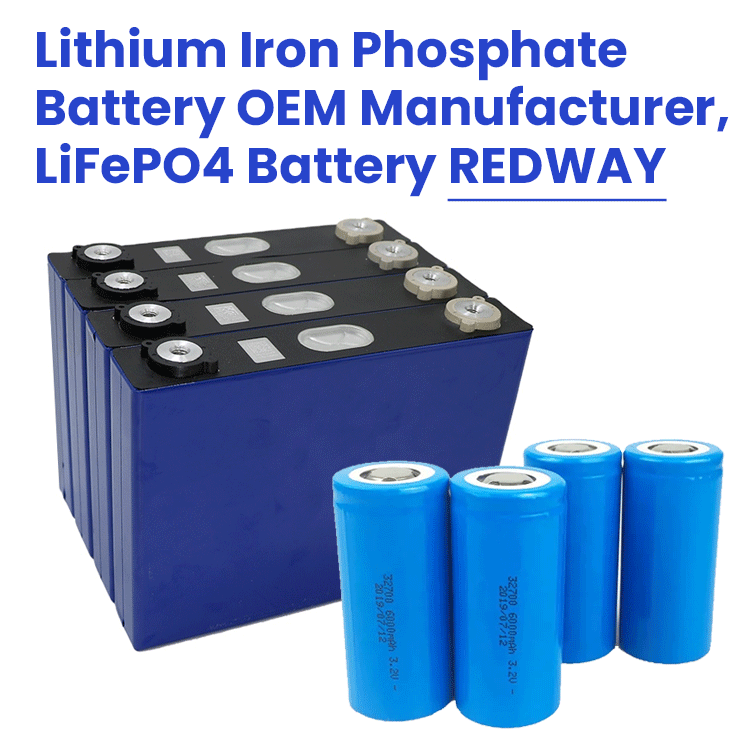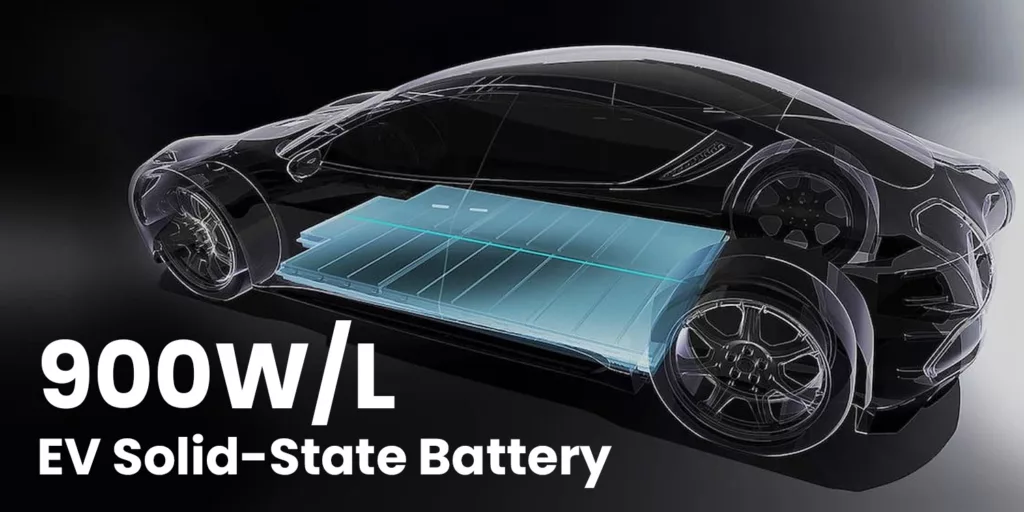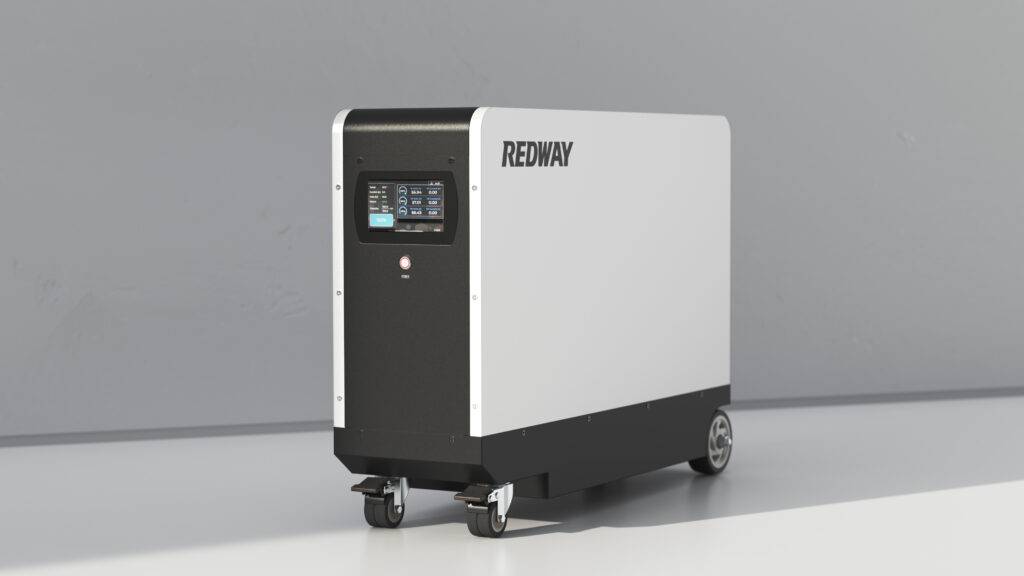Lithium-ion batteries, also known as li-ion batteries, are commonly used to store electrical energy for extended periods and power various mechanical devices without the need for an external power source. These batteries are composed of lithium ions combined with other chemicals, which enable them to charge quickly and have a longer lifespan of around two to three years. However, there are certain limitations and considerations when it comes to using and maintaining li-ion batteries.

#post_seo_title
One of the drawbacks of li-ion batteries is that they tend to heat up quickly and should not be exposed to direct sunlight or left at room temperature for extended periods. The movement of ions within the battery’s magnetic field causes it to heat up, which can lead to damage, failure, or even explosion if the battery is overcharged or not used properly. To cool down a battery that has been charged for too long, one common method is to freeze it for a short period.
But does freezing a lithium-ion battery harm it? In reality, freezing li-ion batteries does not have a significant impact on their performance or longevity. Unlike water-based batteries, li-ion batteries do not contain water, so freezing them will not cause any major damage. However, low temperatures do slow down the movement of ions within the battery, so a frozen battery will require recharging before its next use. By recharging the battery after freezing, its performance can be improved, as colder batteries discharge more slowly compared to hot batteries, which can deplete the lithium battery cells faster.
To maintain the best performance of li-ion batteries in cold temperatures, it is advisable to recharge them before use if they have been exposed to temperatures below freezing. Additionally, it is important to avoid exposing the batteries to extreme temperatures, such as direct sunlight or excessively hot environments, as this can negatively impact their lifespan.
If you find that your li-ion battery is completely dead and not getting recharged, there is a method you can try to revive it using a freezer. Here is a step-by-step process:
1. Remove the dead battery from the device and set the device aside.
2. Use a voltmeter to measure the charging levels of both the dead battery and a healthy battery with the same temperature.
3. Connect the dead battery to the healthy battery using crocodile clippers for about 10 to 15 minutes.
4. Measure the voltage of the dead battery again.
5. Charge the dead battery using a genuine charger.
6. Place the charged battery in a device that requires a heavy load to discharge it faster.
7. Discharge the battery, ensuring that it is not completely empty but still has some voltage remaining.
8. Put the discharged battery in a sealed bag and place it in the freezer for a full day and night.
9. Remove the battery from the freezer and let it sit at room temperature for about 8 hours.
10. Finally, recharge the battery and see if it has been successfully restored. If not, it may need to be replaced.
It is important to note that li-ion batteries have a limited lifespan, typically around 300-500 charge cycles. Factors such as maintenance, operating conditions, and charging practices can affect the battery’s lifespan. Proper use and maintenance, including avoiding overcharging and extreme temperatures, can help extend the life of li-ion batteries.
Top 10 Questions and Answers for Lithium Wholesale Buyers:
1. What are the advantages of lithium-ion batteries over other types of batteries?
2. How long do lithium-ion batteries typically last?
3. Can lithium-ion batteries be recycled?
4. What safety measures should be taken when handling and storing lithium-ion batteries?
5. How should lithium-ion batteries be charged to maximize their lifespan?
6. What are the potential risks associated with overcharging lithium-ion batteries?
7. Can lithium-ion batteries be used in extreme temperatures?
8. Are there any specific disposal guidelines for lithium-ion batteries?
9. What factors should be considered when purchasing lithium-ion batteries in bulk?
10. What certifications or standards should lithium-ion batteries meet for safety and quality assurance?





